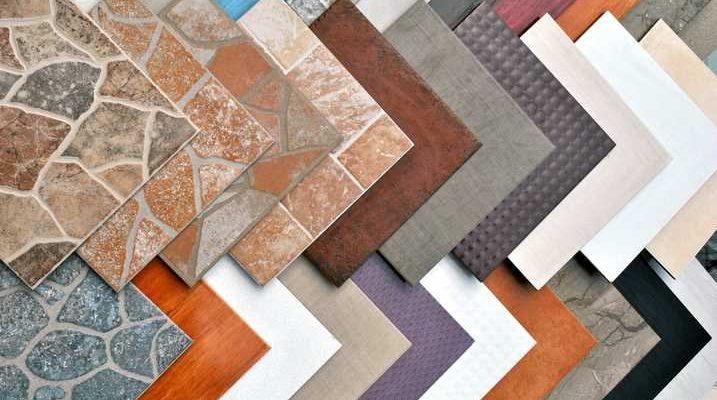From flooring on the roofs to even as tabletops, the tile can find a myriad of applications and uses in Australia’s construction, residential and even industrial sectors. These elements can be used to adorn roofs, walls and even floors, and with the manufacturing processes being more seamless, tiles in Australia are now more affordable and available in hundreds of designs.
Mostly made from clay, these elements are also manufactured using raw materials that are inorganic and even recycled as an eco-friendly alternative. From various manufacturing processes and treatments, tiles take the form that is commonly seen on display in various stores and shops in and around Australia. Before jumping into the details, it might be crucial to understand why tiles are preferred across millions of Australian homes for constructing and flooring purposes:
- They are versatile and available in hundreds of designs, colours and textures, and customers can choose one that suits their preferences. Unlike most materials for building homes, customers don’t have to settle for one in this case and instead find something that will go along with the interior decor of the house. Being one of the diverse elements for decorative purposes, they are widely used in all sectors and are still highly demanded even to this day. With hundreds of designs, the options for customisation are limitless, opening up thousands of configuration options for customers.
- They are easy to maintain, making cleaning up for spills, vacuuming or sanitisation a very seamless process. All it takes is just a mop, and soapy water and one can clean up the dirt in no time. Plus, there’s no extra cost required to maintain them in the long run.
- Got a broken tile? No problem! A cracked tile can be replaced by a professional in a few minutes. However, do keep an additional set for repair or replacement as an added measure.
- They are a durable option compared to most materials out there, and that too at a fraction of the cost for more rugged materials available like hardwood. They can withstand a certain degree of stress for many years under a considerable amount of load.
Different Types Of Tiles In The Australian Market
A tile is mainly bought for one out of these three applications:
- For roofing purposes.
- For flooring.
- Decorating the walls.
Make sure that the tiles comply with the standards set forward by the country before purchasing them. A tile is further divided in the basis of the material it is manufactured from:
- Ceramic: It is probably the most commonly bought type for construction in Australia owing to its affordability for the average consumer and the added durability. They can be used in the bathroom, swimming pools, kitchen or outside as a part of decorative flooring. Their affordability can also be because Australia has a significant industry for ceramic production compared to most countries.
- Porcelain: Made of a more dense concentration of clay, they are much more durable compared to ceramic. This durability comes at a good cost, giving the reason why ceramic is the popular choice out of the two. However, porcelain is also used to imitate hardwood or marble, both of which are way more expensive. Being denser, they require a special type of saw to cut through them.
- Glass: Mostly used to spruce the decor in bathrooms, a glass tile is non-corrosive and resistant to stains and discolouration. However, they can easily crack under pressure and the edges can chip off with time.
- Granite: A natural rock that is mostly used as a countertop compared to flooring. Their colour and texture make them ideal for building materials and decorative options and are less prone to wear than glass. They are also a great choice for areas that are always wet as they do not absorb moisture. However, they don’t come cheap and are not recommended for those on a budget.



